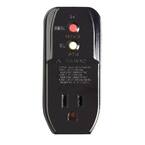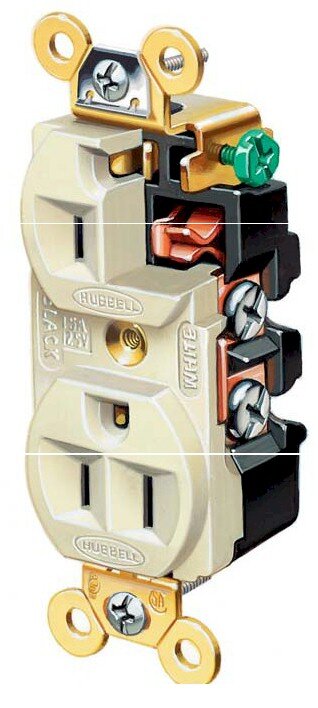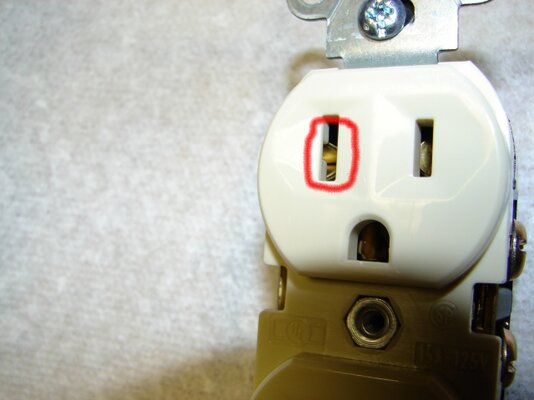lpranger467
Active member
My spaceheater keeps blowing the fuse in my unit when on high (1500w). A friend suggested drilling a hole ro run an extension cord directly to hook up box at RV park, I want to make sure my family has some sort of protection though and wonder if a GFI extension cord at the plug would do the trick



